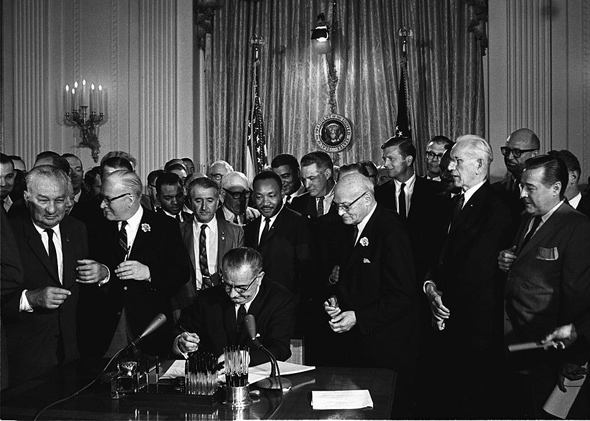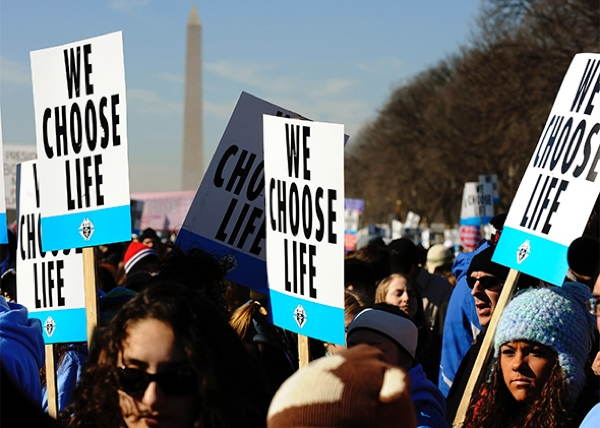Russell Brand On Philip Seymour Hoffman And Drugs

The Article: Philip Seymour Hoffman is another victim of extremely stupid drug laws by Russell Brand in The Guardian.
The Text: Philip Seymour Hoffman’s death was not on the bill.
If it’d been the sacrifice of Miley Cyrus or Justin Bieber, that we are invited to anticipate daily, we could delight in the Faustian justice of the righteous dispatch of a fast-living, sequin-spattered denizen of eMpTyV. We are tacitly instructed to await their demise with necrophilic sanctimony. When the end comes, they screech on Fox and TMZ, it will be deserved. The Mail provokes indignation, luridly baiting us with the sidebar that scrolls from the headline down to hell.
But Philip Seymour Hoffman? A middle-aged man, a credible and decorated actor, the industrious and unglamorous artisan of Broadway and serious cinema? The disease of addiction recognises none of these distinctions. Whilst routinely described as tragic, Hoffman’s death is insufficiently sad to be left un-supplemented in the mandatory posthumous scramble for salacious garnish; we will now be subjected to mourn-ography posing as analysis. I can assure you that there is no as yet undiscovered riddle in his domestic life or sex life, the man was a drug addict and his death inevitable.














